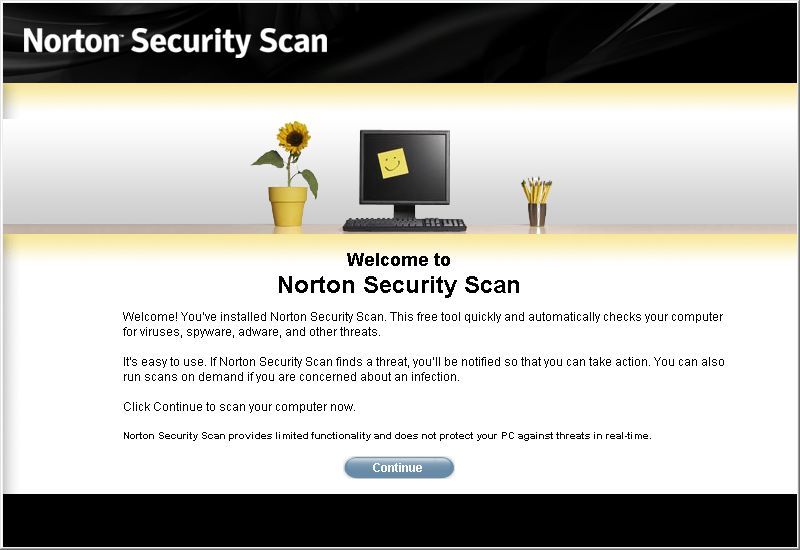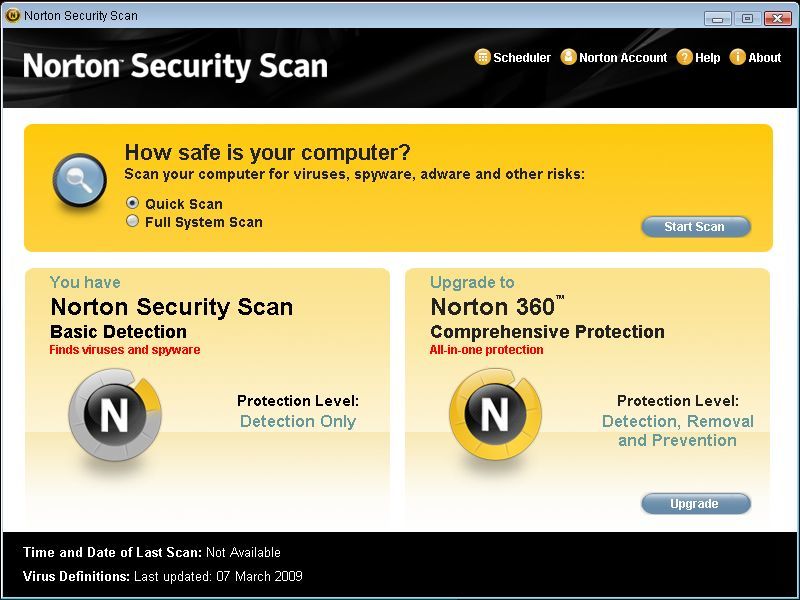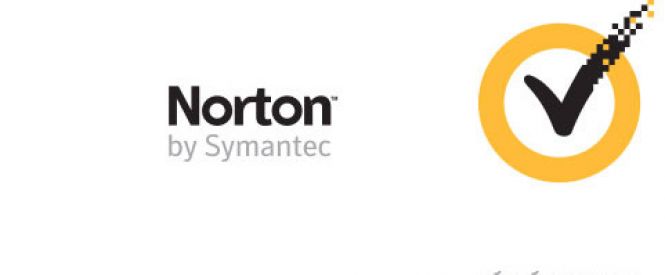


SPF, DKIM, DMARC, and BIMI tools for comprehensive email authentication.What To Look For in an Email Authentication Service?Ī great DMARC provider offers the following services: Thus, email authentication and DMARC compliance are a top priority for: The information they’re working with is also pretty sensitive (donation details, personal information, etc.).

Nonprofits use email all the time to communicate with their donors, stakeholders, and volunteers.

DMARC can help prevent email spoofing and phishing attacks by guiding email receivers on handling messages that fail authentication checks.
Domain-based Message Authentication, Reporting, and Conformance (DMARC) provides policy information and reporting capabilities that enable the domain owner to monitor and enforce authentication policies for their domain. DomainKeys Identified Mail (DKIM) adds a digital signature to the email message, verifying that the message has not been tampered with in transit. Sender Policy Framework (SPF) allows domain owners to determine which IP addresses are authorized to send an email on behalf of their domain. Several email authentication protocols can be used to verify the sender’s identity and protect the email integrity: It eliminates the possibility of the email being forged or tampered with in transit. The managed solutions help users verify the authenticity of email communication. Cloud-Based Email Authentication PlatformsĮmail authentication platforms are SaaS companies focusing on domain protection from malicious attacks like spoofing and phishing. Still, we hope to direct nonprofit managers and nonprofit directors to leverage email authentication and employ other security measures for the sake of the good work they’re doing. The low DMARC adoption rate can be due to the challenging and technical nature of the process or because smaller organizations don’t have dedicated IT teams.








 0 kommentar(er)
0 kommentar(er)
